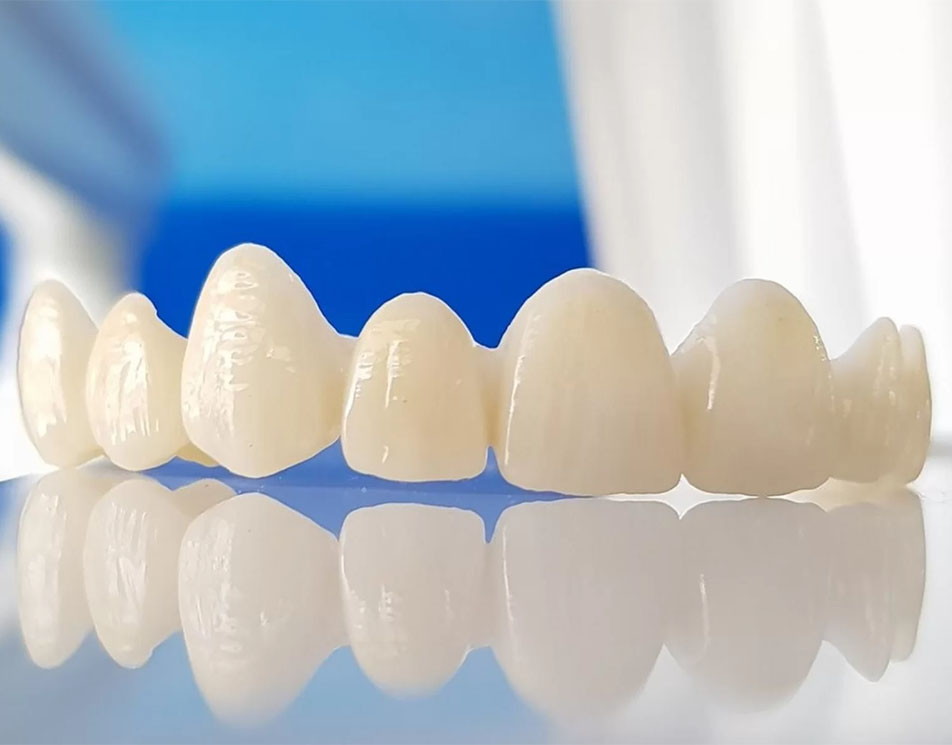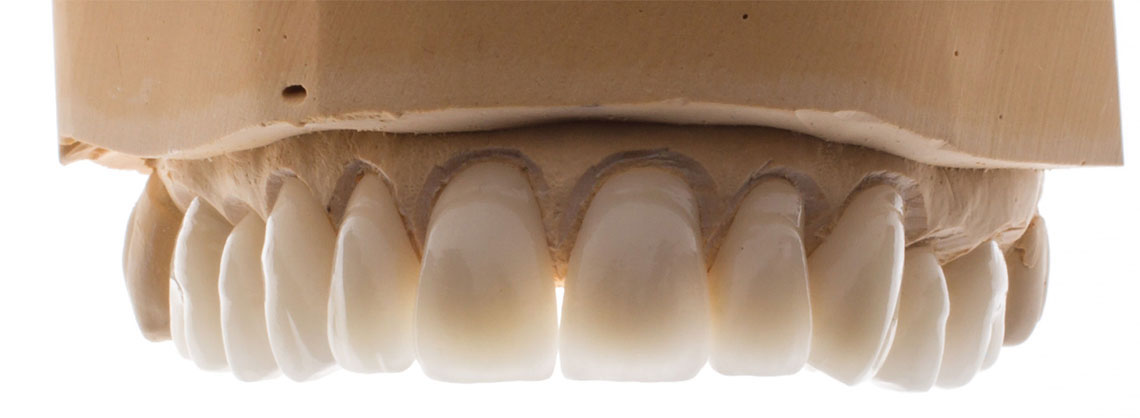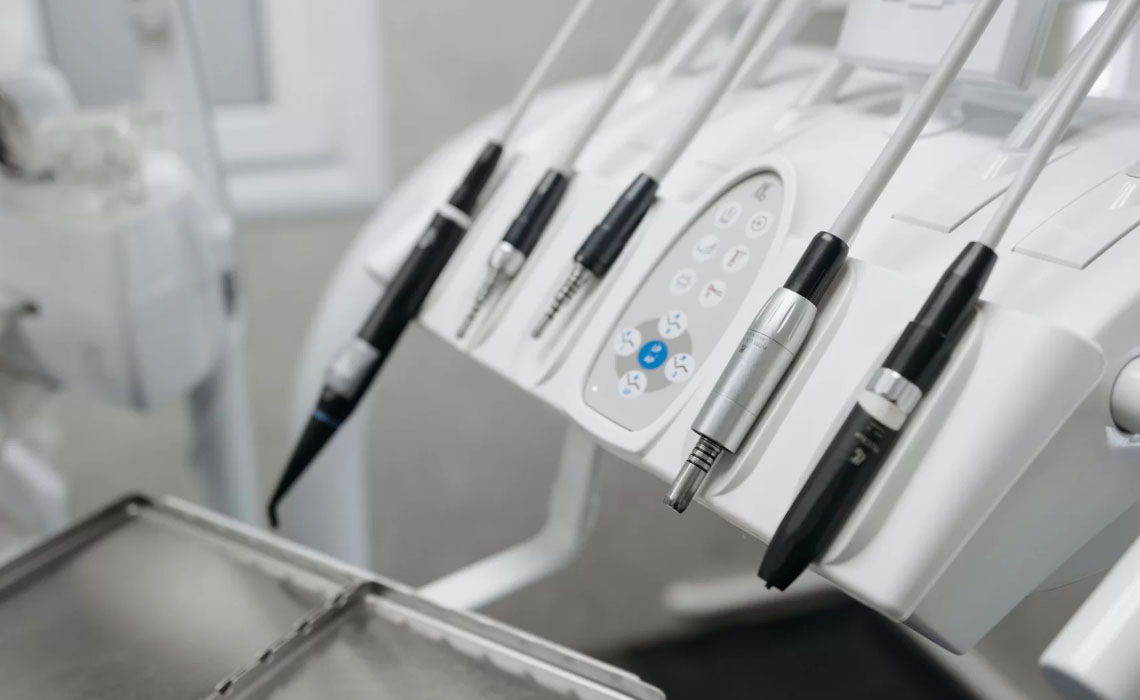Service life of zirconium crowns
Because zirconia crowns are much thinner than metal-ceramic crowns, they cause some concern in patients regarding their durability. But subtlety, even “openwork”, refers only to external, subjective impressions: the strength of zirconium is compared with gold, and the service life of crowns made of this material is more than 15 years.










